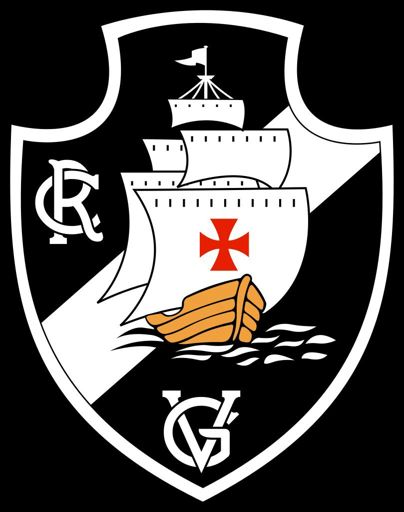

This narrative was, in fact, associated with a certain cultural and political stereotype, emerging in the early 20th century, whereby black people’s contribution to society was seen primarily in terms of a restricted role in the worlds of sport and entertainment. It was years before it became possible to expose the racial discrimination implicit in this narrative, which, sadly, became the prevailing interpretation. The reproduction of these images had (and continue to have) a powerful influence on the way people see and understand that moment in time. In the decades that followed, a stream of documentaries, newspaper reports, photographs and even feature films reproduced images not only of Barbosa picking himself up after failing to reach the ball driven past him by Ghiggia, but also of players and fans in tears at the end of the game. Over time, the goalkeeper came to be seen first and foremost as one of those who-if not the main culprit-was most to blame for the defeat. Selection the 1950 World Cup Finals squad dramatically increased media coverage of Barbosa, but, when Schiaffino and Ghiggia put the ball past him to win the title for Uruguay, the plaudits came to an end.

This gained him much renown in the local press, which avidly followed his career. Lithe, versatile and capable of positioning himself well in the box, Barbosa was also known for his good humor and charisma.

He began his career in São Paulo, made a name for himself at CA Ypiranga and moved to Vasco da Gama in 1945. Like other highly talented black players, Barbosa rapidly became a football icon of his time.


 0 kommentar(er)
0 kommentar(er)
